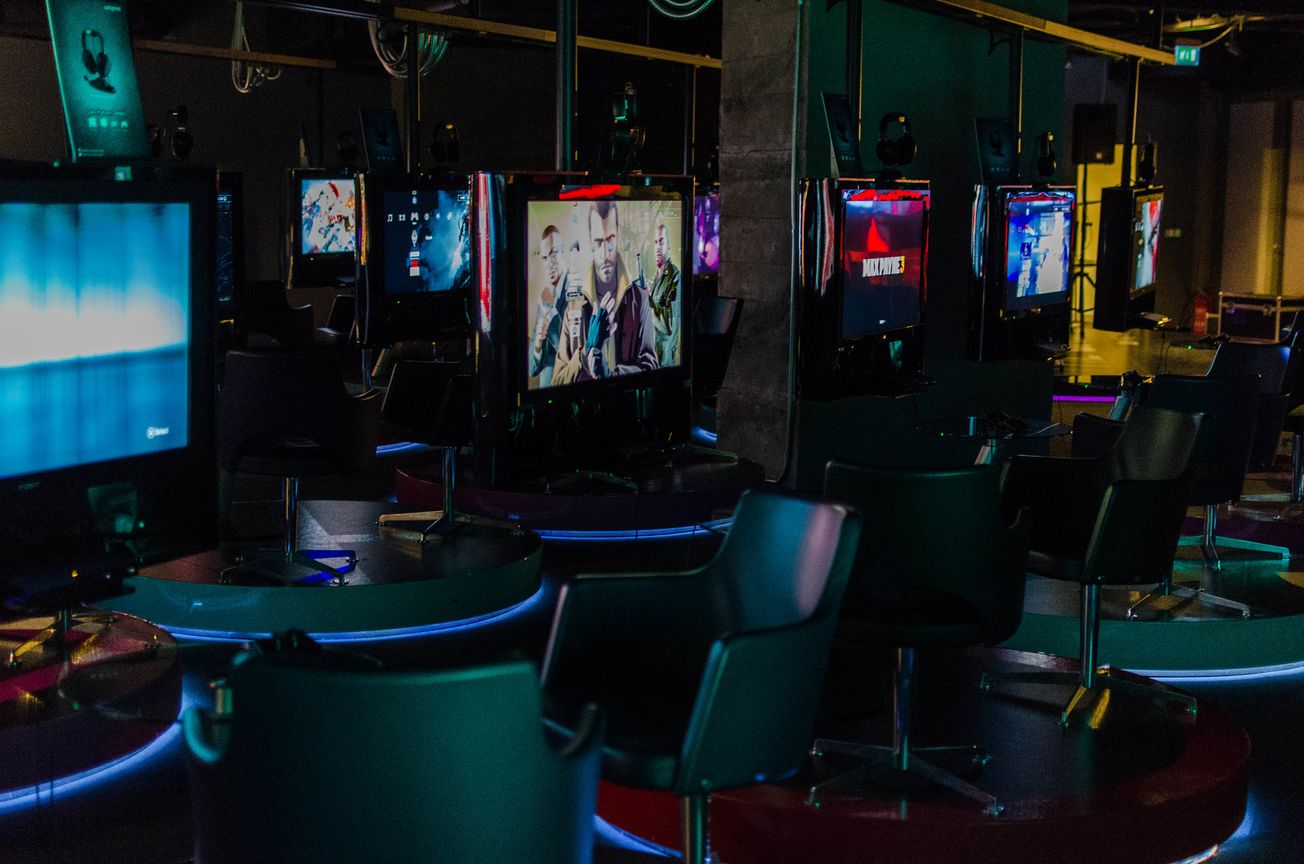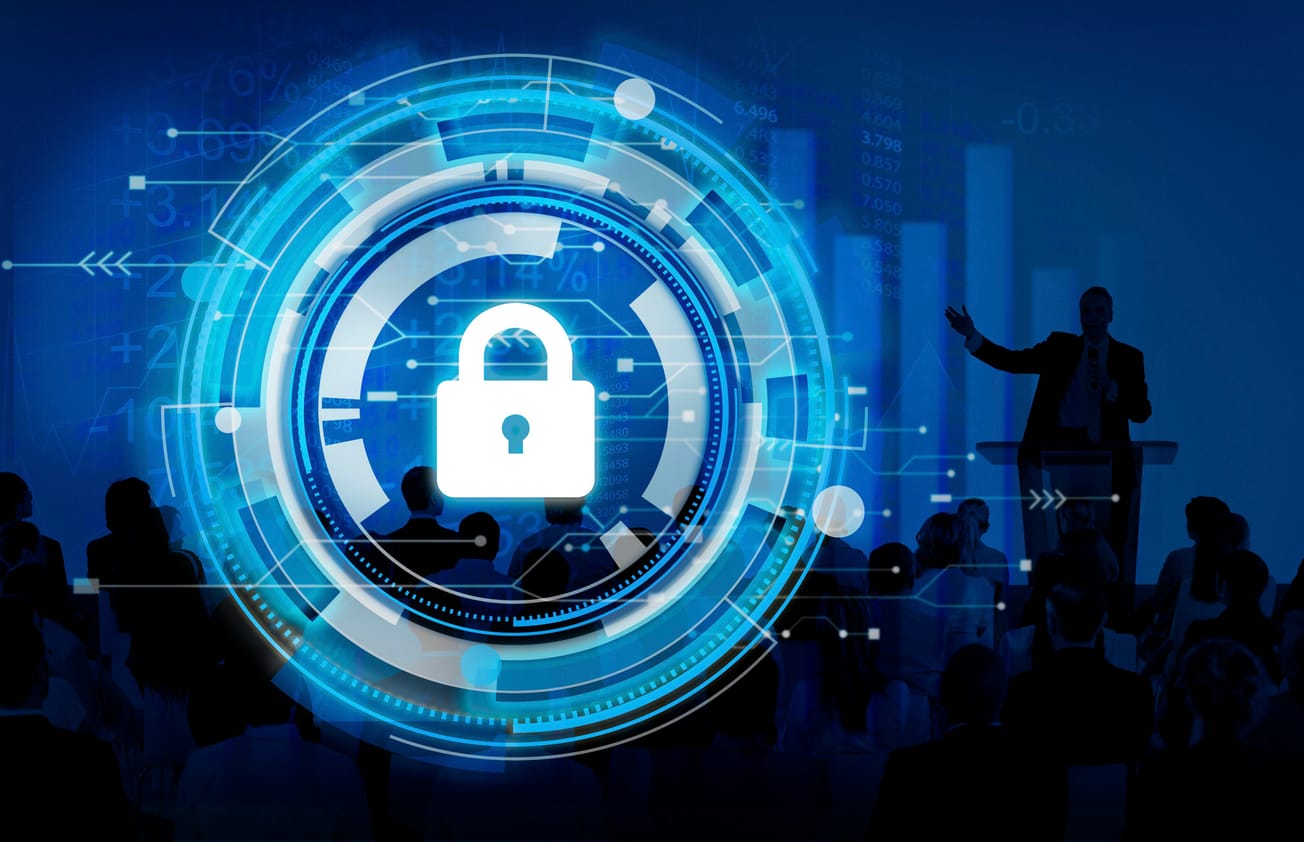Travelling abroad can be an exciting and rewarding experience, but it can also be challenging when it comes to staying connected to the internet. Finding and using wifi and cybercafes abroad can be a daunting task, but with the right knowledge and precautions, you can stay safe and connected while you are away from home.
- Research wifi and cybercafes in your destination
Before you travel, do some research to find out what wifi and cybercafes are available in your destination. This will help you plan ahead and make sure you have access to the internet when you need it.
You can search online for wifi and cybercafes in your destination, or ask your hotel or hostel for recommendations. Many hotels and hostels offer free wifi, so this is a good option if you want to stay connected while you are travelling.
2. Use a VPN to protect your privacy
A Virtual Private Network (VPN) is a tool that encrypts your internet connection and hides your IP address, making it difficult for hackers and other malicious actors to track your online activities.
Using a VPN is especially important when you are using wifi and cybercafes abroad, as these networks are often unsecured and vulnerable to attacks. By using a VPN, you can protect your privacy and keep your data safe from hackers and other online threats.
3. Avoid using public wifi for sensitive activities
Public wifi networks are convenient, but they are also unsecured and vulnerable to attacks. When you are using wifi and cybercafes abroad, it is best to avoid using public wifi for sensitive activities, such as online banking or shopping.
If you need to access sensitive information, use a VPN to encrypt your internet connection and protect your data from prying eyes. You can also use a secure web browser, such as Tor, to protect your privacy and keep your data safe while you are online.
4. Be aware of scams and fraud
When you are using wifi and cybercafes abroad, it is important to be aware of scams and fraud. Some cybercafes may try to trick you into downloading malware or giving away sensitive information, so it is important to be cautious and avoid any suspicious websites or activities.
If you are unsure about a website or a request for information, do some research and ask for help from a trusted source. You can also use a security scanner, such as Malwarebytes, to check for any malicious software or threats on your device.
Overall, finding and using wifi and cybercafes abroad can be a challenging task, but with the right knowledge and precautions, you can stay safe and connected while you are travelling. By researching wifi and cybercafes in your destination, using a VPN to protect your privacy, avoiding public wifi for sensitive activities, and being aware of scams and fraud, you can enjoy your trip and stay connected to the internet while you are abroad.







